Dream as Analogy for Reality
This world is psychoactive. So much so that we don’t even realize how are fundamental beliefs and unquestioned assumptions shape our sense of who we are and what the world is.
One of those assumptions is the referent to this simple, and often thought/spoken phrase I am.
Its innocuous, we think it constantly. I am hungry, I am tired, I am sad, I am lonely, I am scared, etc.
When we say “I am” —this thought or sensation goes unquestioned, and so we build our life or our sense of self on these unquestioned thoughts and feelings.
Sometimes the shape of the I AM, is really negative or painful, I am not good enough, I am bad at this, I am unworthy.
Or it takes the shape of shame, anger, fear, desire, anxiety, hatred.
We usually get totally bought in to those feelings, sensations or thoughts being who we are— we suffer them. We become trapped in the world that is created through believing them or identifying with them.
In the dharma practice, we are practicing looking into these basic assumptions, to ask well what does this I AM refer to?
We can do this now, notice the sense of I am. How are you experiencing it? Is it a thought, a feeling, a sensation, something else?
And if so, what is the nature of this thought, sensation, belief or emotion?
When we look, with non-judgmental awareness and genuine curiosity what we begin to see is — the I Am is ungraspable, it changes, its spacious, flowing, here only in the moment of its happening, non-referential.
So, the encouragement is to look, to really look, to see what happens in your own experience.
Often we don’t look back into the sense of I AM, we let it be a given, so this kind of inward looking, turning our awareness around, can feel strange and unnatural.
Nothing happens—or there is nothing there, or its just this.
These are actually profound experiences, but subtle, we are expecting some big fireworks experience of no-self or emptiness, and don’t appreciate the profundity of verifying for ourselves the ungraspable, spacious nature of our sense of self.
The openness of not-finding, is the openness of being. The openness of pure possibility.
The dream-like nature of reality is one way of describing the ungraspability, the spaciousness, openness and the insubstantiality of direct experience itself .
Any word is imperfect.
So we have a lot of different analogies. Dream is a good one. There is also illusion, magic show, echo, reflection in water, phantom. Modern practitioners sometimes say, like a motion picture or a hologram.
I feel like dream is particularly evocative, it shows up most in the Zen teachings.
And its’s a practice. An invitation to see through the assumptions or reactions we paste onto reality.
This is a Dream
To practice seeing the insubstantiality of thoughts, feelings, emotions, reactions, fears, we can invite this slogan or phrase:
This is a dream, am I dreaming?
To work with this as an inquiry or koan, doesn’t mean that we are carrying it around all the time, zapping things that we don’t like into dreams.
Its a living question, its about inviting curiosity.
So maybe you are standing in line, and frustration is building—and your mind starts thinking about all the things that you need to do, or how you are going to be late, or how you don’t want to be here. You can inquire:
What if this is a dream?
And really entertain it, what changes?
When its a dream, we are usually present.
So you might notice the other people, these characters in your dream—who are they? You might notice other things in the room, the colors, smells, sounds.
You might notice what you are drawn towards, or what becomes present that you weren’t aware of before.
What does waiting feel like in a dream?
If this were a dream you were remembering in the morning, what parts of it would you share, or record.
Regard all dharmas as dreams is the first of the five slogans for awakening absolute bodhicitta in the Lojong. Pema Chodron comments in her book Start Where you Are.
Really, regard everything as a dream. Life is a dream. Death is a dream, for that matter sleeping is a dream and waking is a dream. Another way to say this is everything is a passing memory.
She goes on to tell a story of someone who opened to the dream like nature of reality spontaneously while on a solo backpacking trip. He started to feel like the mountains were dream mountains, and his food was dream food. He was writing on dream paper, dream words. The man remarked that in that state there was a vastness and a peace, a kind of possibility and okness about the way things were.
Pema Chodron comments that the practice of regarding everything as a dream invites openness.
Openness is one of the qualities of bodhicitta, its a practice of opening up to the spaciousness of being. Of being less identified with the suffering making mind.
Openness brings possibility.
When I entertain that this is a dream, I feel like I am leaning into life. The possibility of the hawk singing a song or the stones telling me a story, becomes vividly real. I see the magic of this world. I am filled with a kind of wonderment. Life is re-enchanted in an open kind of way.
What happens for you?
Is wonderment possible even in lines? Even in traffic? Even while watching the news? Even in challenging conversations or disagreements?
Try it out. Let it be a living inquiry.
This is a dream.
Its psychoactive, it may just wake you up to the openness that you are. That this world is.
For more. Listen to the talk. I would be interested to hear your comments and experiences trying on the inquiry This is a Dream. Feel free to share here.
I’m Amy Kisei. I am a Zen Buddhist Teacher, Spiritual Counselor, Astrologer and Artist. I offer 1:1 Spiritual Counseling sessions using IFS and somatic mindfulness. I also offer astrology readings. Check out my website to learn more. I currently live in Columbus, OH and am a supporting teacher for the Mud Lotus Sangha.
Below you can find a list of weekly and monthly online and in-person practice opportunities.
Weekly Online Meditation Event
Monday Night Dharma — 6P PT / 9P ET Join weekly for drop-in meditation and dharma talk. We are currently exploring Zen and Dreams.
Feel free to join anytime. Event lasts about 1.5 hours. ZOOM LINK
Zen Practice opportunities through ZCO
Light of the Ancestors Sesshin—May 12 - 18, in-person at Great Vow Zen Monastery
16 Bodhisattva Precepts Class—May 4 - June 8, online class series exploring the ethical teachings of Zen Buddhism
In-Person in Columbus, Ohio through Mud Lotus Sangha
Interdependence Sesshin: A Five Day Residential Retreat Wednesday July 2 - Sunday July 6 in Montrose, WV at Saranam Retreat Center (Mud Lotus is hosting its first Sesshin!)

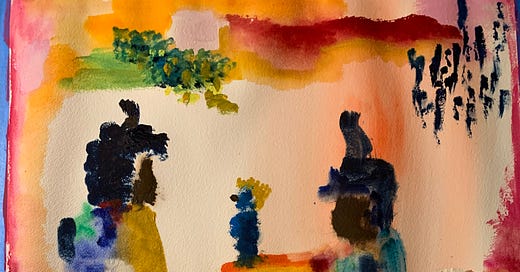


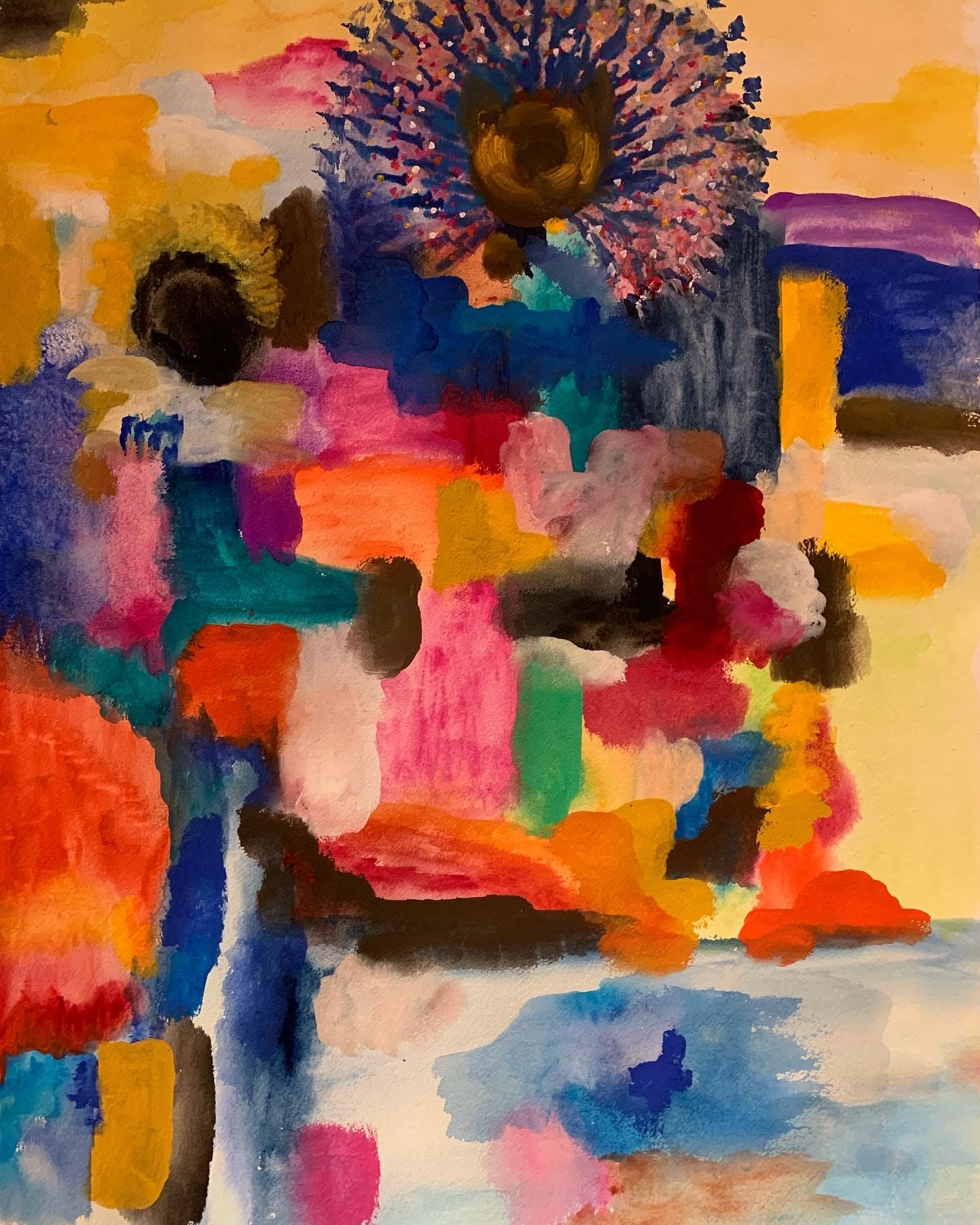



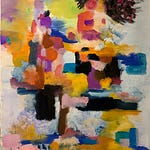
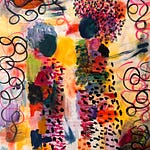
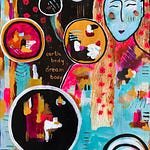
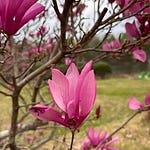
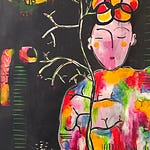
Share this post